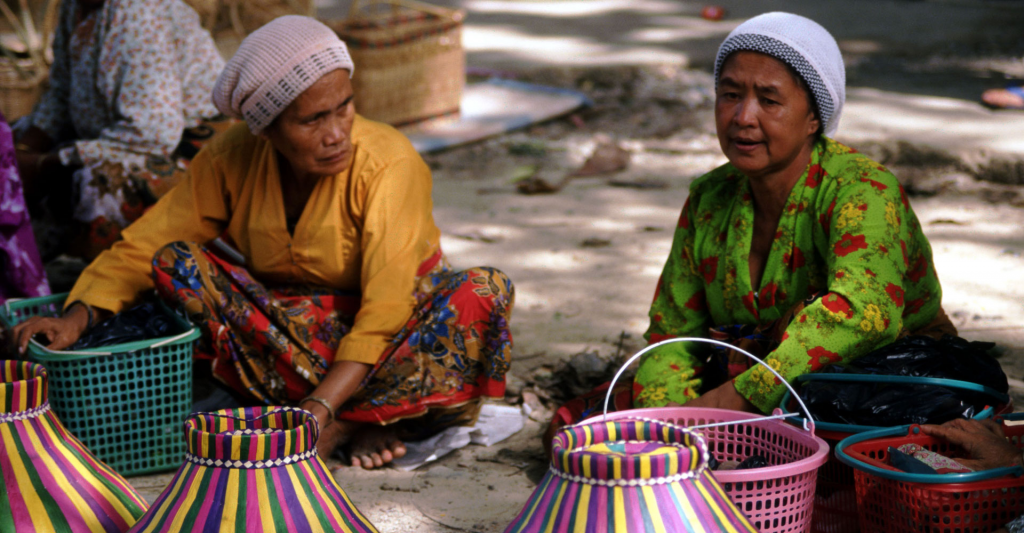Women, especially in rural communities, form the backbone of the country. By empowering them and equipping them to become productive citizens, Malaysia is preparing for a quantum leap in its development.
Prime Minister Datuk Seri Najib Tun Razak has outlined the ‘4K’ approach to empower rural women.
The 4Ks stand for keilmuan, kemahiran, keusahawan and kepimpinan (knowledge, skills, entrepreneurship and leadership).
Najib pointed out that Malaysian women have already been given recognition and equal rights.
“The fate of women in this country is far better as they no longer have to fight for gender equality (unlike in certain other countries).
“Currently, 68 per cent of students at the country’s higher learning institutions are women, while some of the influential positions like Central Bank governor and director-general of the Economic Planning Unit are held by women, and the previous chairman of the Securities Commission is also a woman,” the Prime Minister said.
With the 4K approach, he said the status of rural women could now be raised to a higher level.
Rural women comprise about one quarter of total Malaysian population and one third of the agricultural labour force in rural areas. Their labour force participation increased from 37.2 per cent in 1970 to 47.7 per cent by 2003.
Young women, especially among poor households, have been actively involved in agricultural activities as unpaid family workers or farm help.
Najib said women in the rural areas needed to increase their knowledge including in parenting, to hone their skills in certain fields to generate income, and be involved in business and build leadership qualities to further empower themselves and their families.
He said the government would continue supporting programmes that aimed at empowering women.
Education is a key area, with Malaysia making large strides in the number of women reaching higher education. Approximately 65 per cent of candidates who were offered university places at the start of the 2009 academic year were women.
The prominence of female students in higher education also explains their strength in the civil service: 61 per cent of posts in management and professional fields are occupied by women.
Female entrepreneurs too have a fundamental part to play in helping Malaysia reach developed status by 2020. There are over 86,000 women entrepreneurs in the country, with the National Key Results Area (NKRA) aiming to produce another 4,000 women entrepreneurs by the end of 2012.
Skills training and entrepreneurship programmes are currently being provided to more than 3,000 women through the Department of Women’s Development and Amanah Ikhtiar Malaysia.
In the future, this will encompass rural women as well by empowering them to become young entrepreneurs. They can be expected to play more active roles in micro entrepreneurship scaling-up, thereby empowering more rural women to become economically independent.
Young women have the potential to contribute significantly to improving the quality of life of rural families. By focusing on rural women, the Government has therefore chosen an effective way to lift families out of poverty and contribute to the sustainable development of rural areas.
These will play as important a role as Malaysia’s urban centres in the development of the nation over the next few decades.

